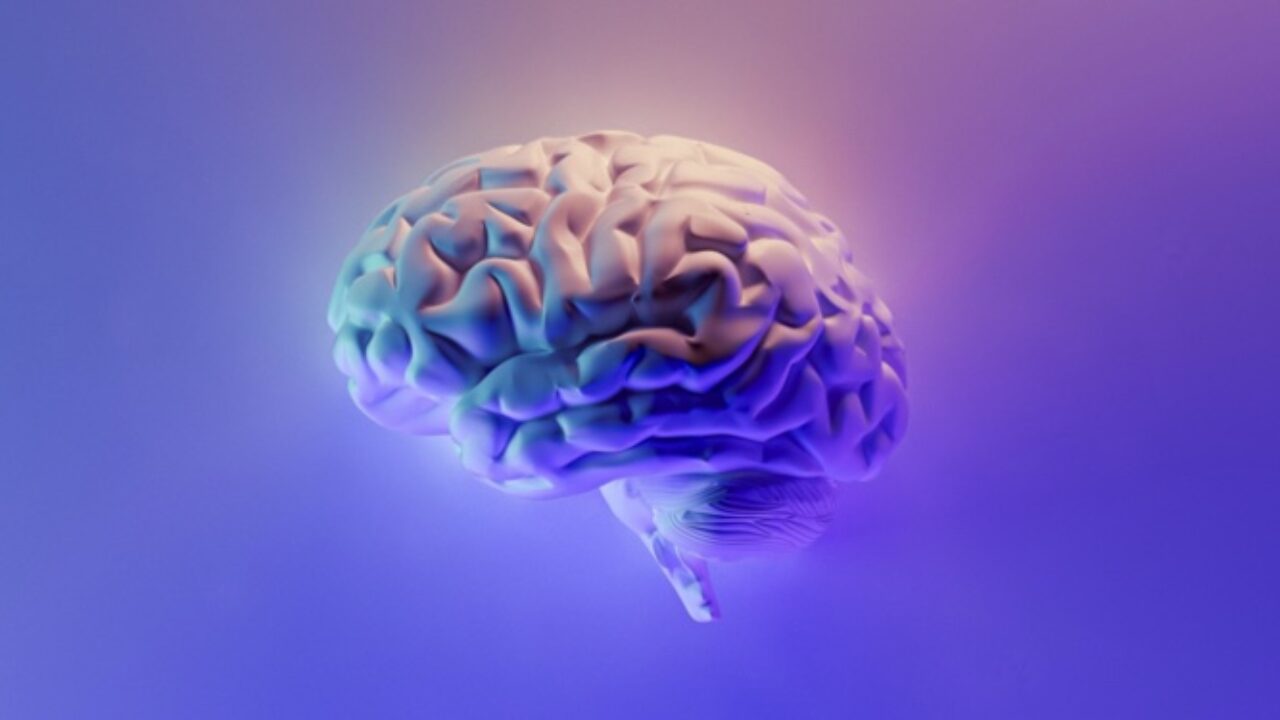Comments
- No comments found

There is a recent article on Vox, "Why Scientists Haven’t Cracked Consciousness", writing summaries on the field that included the paragraphs, "Meanwhile, Karl Friston, the world’s most-cited living neuroscientist, has an idea called the free-energy principle.
Stripped of all the math, it suggests that the behavior of all living systems follows a single principle: To remain alive, they try to minimize the difference between their expectations and incoming sensory input. (Other terms for that difference include surprise and free energy.) In this model, human brains minimize surprise by generating internal models that predict the outside world. Here, consciousness is basically the experience of an internally generative model complex enough to imagine states of the world that have not yet happened."
"The process by which brains generate these internal models has a theory of its own, known as predictive processing, perhaps most associated with the philosopher Andy Clark. To grasp the idea, think of what’s happening during a dream. You’re lying in bed, eyes closed in a dark room, completely still. But your brain is generating a rich internal dream world that feels entirely convincing (lucid dreams aside). Well, predictive processing claims that the same sort of thing is happening during waking consciousness, with a few caveats."
All the available definitions of consciousness are consistent with what the mind does. Experience is a product of the mind, so is the knowledge of being or the awareness of being. If consciousness is linked with the mind, then what is the mind?
The mind can be said to be the collection of all the electrical and chemical impulses of nerve cells and their interactions. Or, impulses as a group are the human mind. The interaction of the components of mind can be defined as sentience or consciousness, whose outputs help to know, including experiences.
Usually, a neurotransmitter like dopamine is a molecule like others, but in a set, preceded by or producing an interaction, does it function for the experience of learning, craving and so forth. All body parts have representative electrical and chemical impulses. Their regulation is by the interactions of those impulses.
There is no functional body without impulses and their interactions. There is no sensation, perception, memory, feelings, emotions and the rest without impulses and their interactions. Consciousness or sentience is from the human mind, whose interactions give off being and experience. The interactions apply to what is defined for consciousness and for other processes of mind not defined as consciousness.
The brain does not generate predictions, neither does the brain have anything to do with the free-energy principle. The quantities of mind often split, with some in the set going before to acquire properties, while others follow, which may not make any difference if the input and what was acquired are the same, if not, the second one goes to the appropriate property. The observation may seem like it is predicting, but it is a part of its action, not prediction. If the brain were predicting, there would be lots of divergence from what is within the scope to be processed. Some of the descriptions of predictions may also be part of sequences of quantities.
There is no internal model of the world that was not made by the interactions of impulses, against what is sometimes explained as something there, without how it came about. When impulses interact, it could be for expansion, access, bouncing to go elsewhere or to check.
Leave your comments
Post comment as a guest